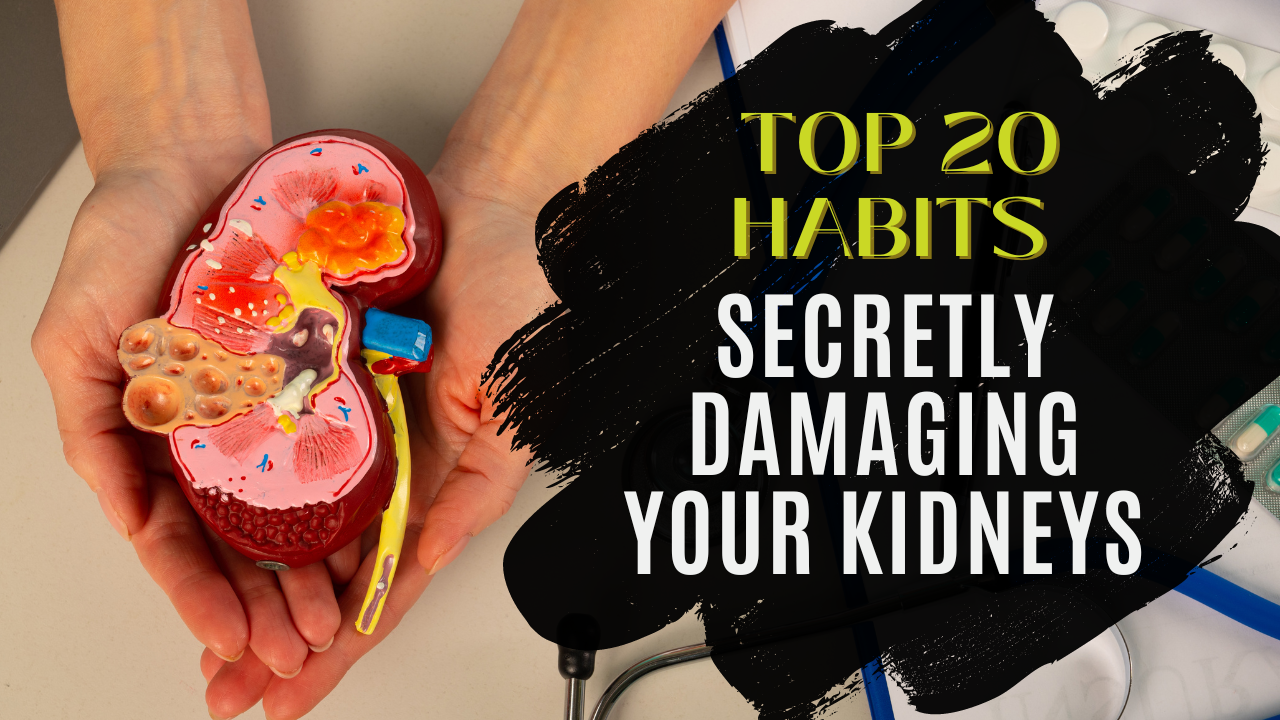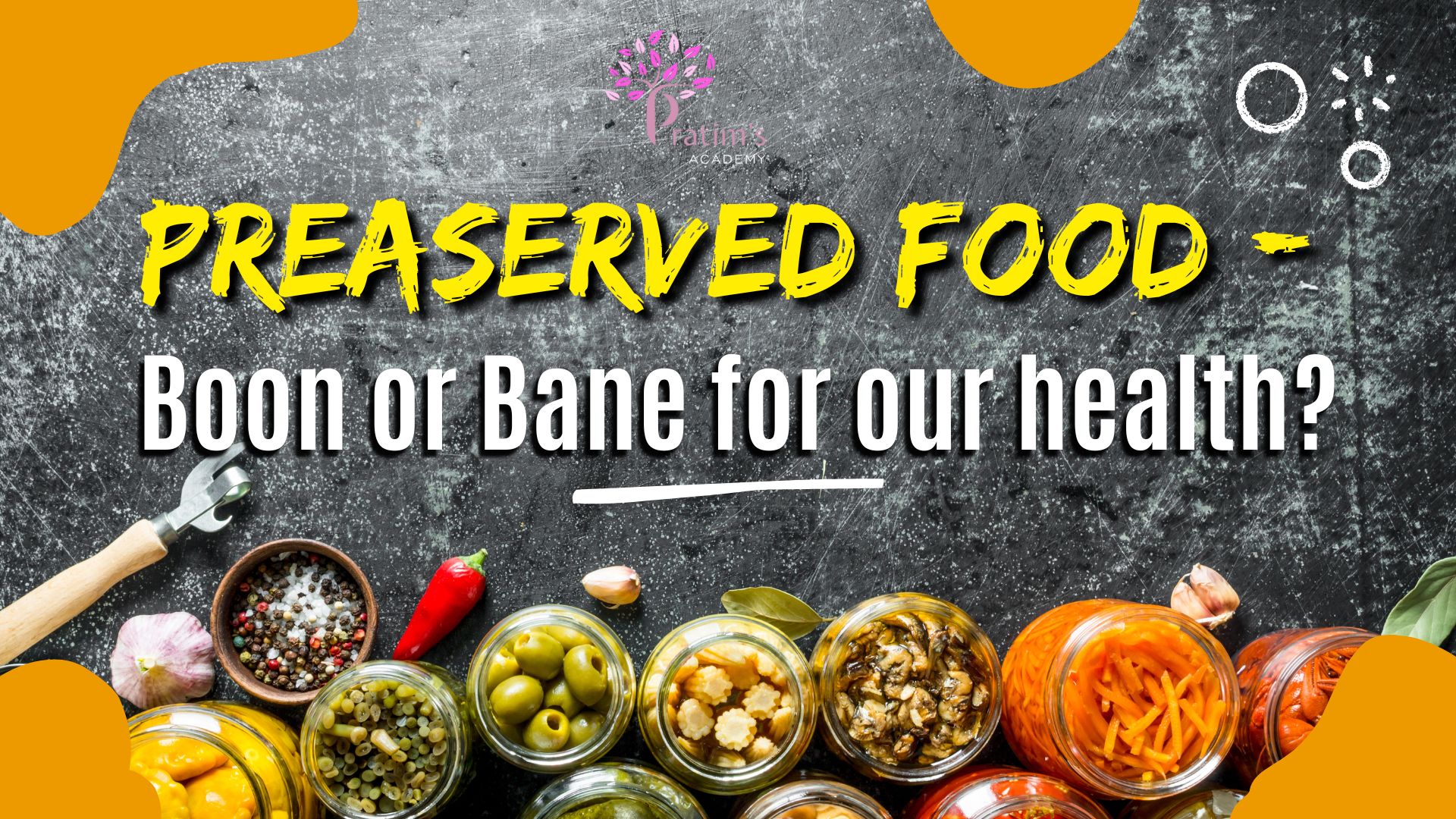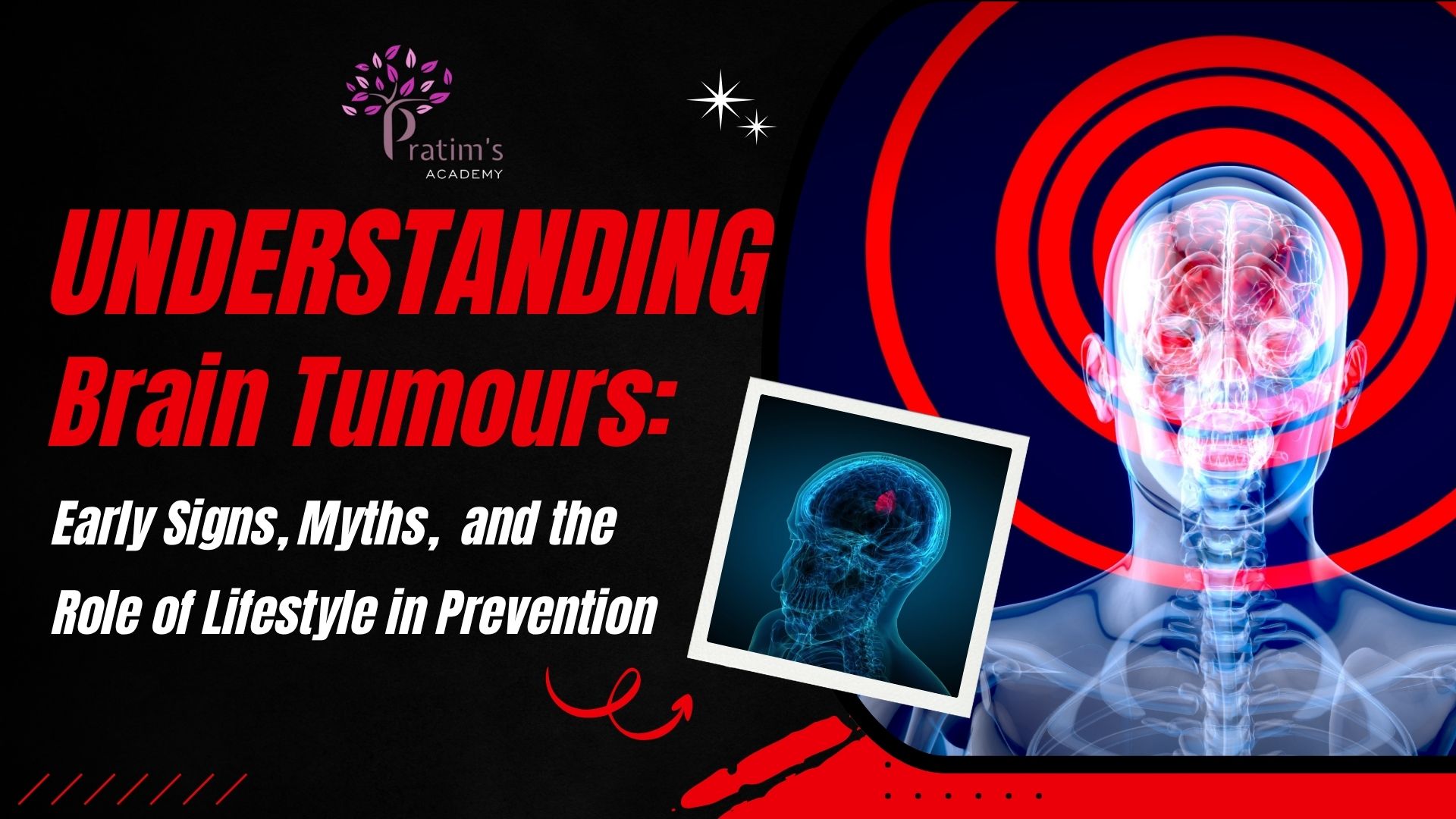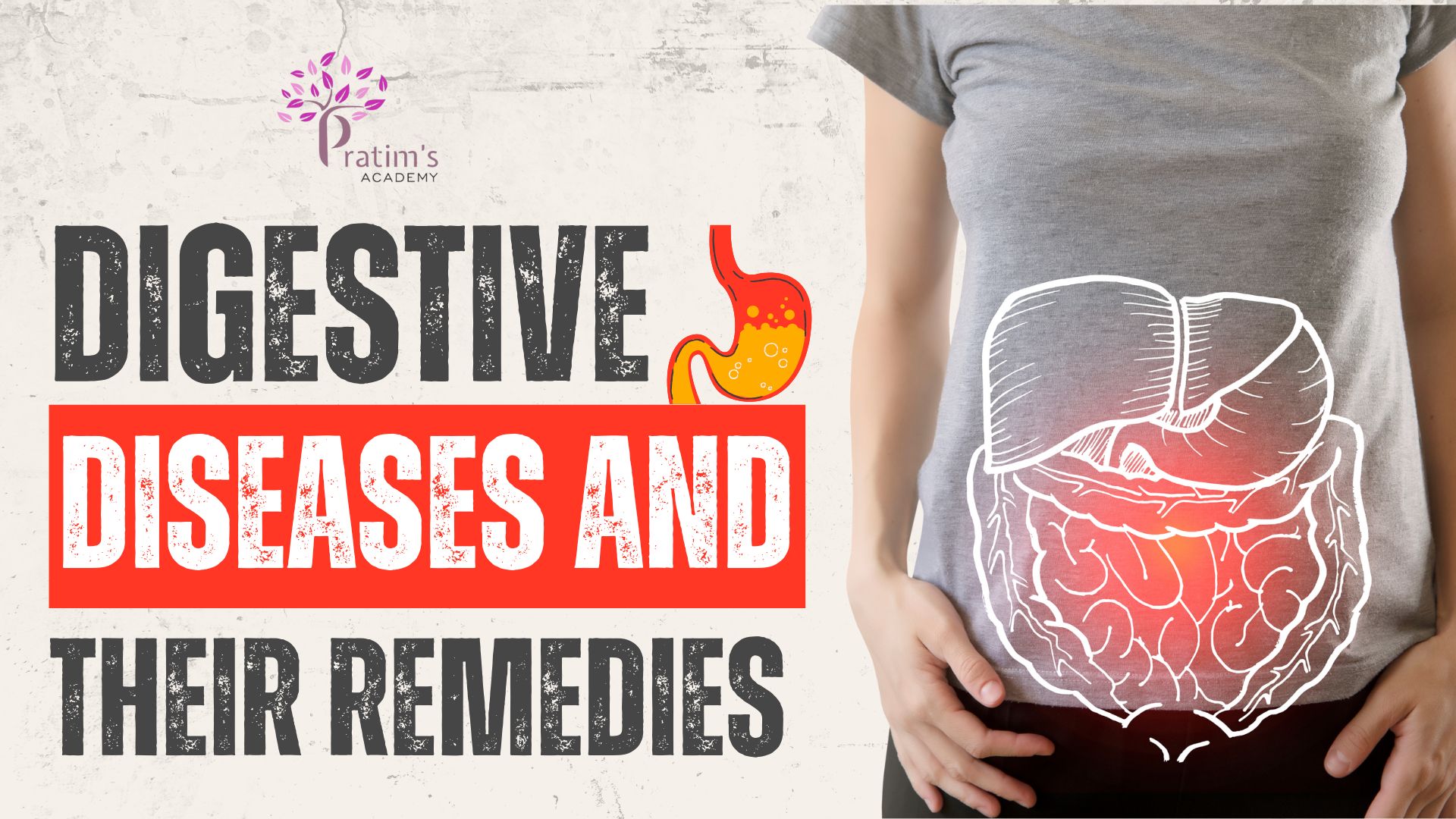
- 1496
- 1
How Smoking Affects Kidney Health: Learn The Hidden Dangers
“Smoking is like pouring gasoline on a fire. It only makes things worse”

Smoking is a well-documented health hazard, with its detrimental effects spanning a wide array of bodily systems. While the respiratory and cardiovascular impacts are widely recognized, the influence of smoking on renal functions and its link to kidney disease is often less discussed. Understanding these connections is crucial, given the essential role kidneys play in maintaining overall health.
The Renal System: A Brief Overview

The kidneys are vital organs responsible for filtering waste products, balancing electrolytes, regulating blood pressure, and managing fluid balance. Healthy kidneys are crucial for the proper functioning of the body. Any impairment in renal function can lead to significant health complications.
Mechanisms Behind Smoking-Induced Kidney Damage
While smoking does not directly harm the kidneys, it triggers several processes that can indirectly impair kidney function. Here are the key pathways through which smoking affects the kidneys:
- Chemical Exposure: Tobacco smoke contains harmful substances, including heavy metals like cadmium. The small vessels in the glomeruli, the kidney’s filtering units do not effectively filter these chemicals. Over time, these substances accumulate, leading to kidney damage. If left untreated, this damage can progress to chronic kidney disease (CKD).
- Increased Blood Pressure: Smoking elevates blood pressure through acute hemodynamic changes. Nicotine, tar, and carbon monoxide in tobacco cause blood pressure to rise above the normal range of 120/80 mmHg. This increased pressure affects the glomeruli, leading to endothelial cell damage. Over time, these changes can result in chronic parenchymal and structural alterations in the kidneys, impairing their filtration function and leading to CKD.
- Oxidative Stress: Regular smoking increases the body’s utilization of nitric oxide (NO), which disrupts the antioxidant system and heightens oxidative stress. This imbalance can disrupt the acid-base balance in the body, leading to increased creatinine levels and acute kidney injury (AKI). Without proper treatment, AKI can progress to CKD.
- Coagulation Abnormalities: Inhaling harmful chemicals from smoking can cause an abnormal increase in platelet count, leading to enhanced coagulation in small blood vessels. When these abnormalities occur in the renal vessels, they result in endothelial dysfunction, progressively damaging the kidneys and increasing the risk of CKD.
- Immune System Modulation: Smoking disrupts the immune system’s response, increasing vulnerability to infections and autoimmune diseases that can impact kidney health.
- Endothelial Dysfunction: Smoking damages the endothelial cells that line blood vessels, leading to decreased production of nitric oxide. This reduction affects blood vessel function and blood flow, which contributes to kidney damage.
The Link Between Smoking and Kidney Disease
Smokers are at a higher risk of developing various forms of kidney disease, including:
- Chronic Kidney Disease (CKD): Smokers have a significantly higher risk of developing CKD. Active and passive smokers can both have a higher risk of renal dysfunction
- Diabetic Nephropathy: Diabetic nephropathy, a common complication of diabetes, is worsened by smoking due to its negative impact on blood sugar control and vascular health.
- Acute Kidney Injury (AKI): AKI can arise from direct toxicity of the substances in cigarettes or from complications such as sepsis and cardiovascular events, which are more prevalent in smokers.
Natural Ways to Reduce Smoking
Several natural methods can support smoking cessation efforts:
- Nicotine Replacement Therapies (NRTs): NRTs, like patches, gum, lozenges, and inhalers, deliver a controlled dose of nicotine without the harmful chemicals found in tobacco smoke.
- Counseling and Behavioral Therapy: Professional counseling and behavioral treatment can help individuals understand their smoking triggers and progress strategies to cope with cravings. Cognitive-behavioral therapy (CBT) is particularly effective in addressing the psychological aspects of addiction.
- Mindfulness and Meditation: Practicing meditation and deep breathing exercises can promote relaxation and reduce stress and anxiety, common triggers for smoking.
- Physical Activity: Regular exercise stimulates endorphin release, improving mood and reducing stress. Activities such as walking, running, yoga, and swimming are also beneficial.
For further information about our Mukti Program, please don’t hesitate to reach out to us 👉👇
- Healthy Diet: Maintaining a balanced diet rich in fruits, vegetables, and whole grains can help manage withdrawal symptoms and improve overall well-being. Certain foods, such as carrots and celery, can also serve as healthy substitutes for the physical habit of smoking.
To learn more about how nutrition can support a healthy lifestyle, we invite you to join our dietary group:
- Hydration: Drinking plenty of water can help flush nicotine and other toxins from the body more quickly. Staying hydrated also helps reduce cravings and keeps the body functioning optimally.
- Aromatherapy: Using essential oils like lavender, peppermint, or citrus can help reduce stress and manage cravings. Inhaling these scents can provide a calming effect and distract from the urge to smoke.
Conclusion
The influence of smoking on renal functions is profound and multifaceted, contributing significantly to the development and progression of kidney disease. Recognizing the harmful effects of smoking on the kidneys underscores the importance of smoking cessation and preventive healthcare. Individuals can significantly improve their renal health and overall well-being by quitting smoking and adopting a healthier lifestyle.
To learn more about the risk factors for kidney damage, read the blog below👇

Comment
Check Your EGFR
***We Promise, no spam!








2024-06-02 03:51:41
Ananda gopal sarkar
9749313388
Thank you for reading. Kindly let us know if you have any query.